|
Liz Greig. Provisional Psychologist  1.TikTok TikTok was created in 2016 as a social networking app designed to share user generated videos. Users can create and upload their own videos and browse and interact with other users' content. The TikTok ‘feed’ contains videos that are algorithmically selected based on its users past views and interest. Data from a 2022 survey conducted by PEW Research Centre showed that 67% of teens are actively using TikTok! Currently making TikTok the world's most popular social media platform. TikTok has been the subject of controversy recently as it has been critised for its use of algorithims that can push inapporiatye consent to users, including children and teens. TikTok can however be used for activism, education and other postivie purposes. Parents and guardians should be aware of the risks and benefits of the app, and monitor their teen's use of the app to ensure their safety and well-being.The following link (Parent’s Ultimate Guide to TikTok) is a useful resource to find out more about the functions of TikTok, how content is posted/ viewed and information about its safety features. https://www.commonsensemedia.org/articles/parents-ultimate-guide-to-tiktok  2. Instagram Instagram is a social media app created in 2010 as a way for users to post photos and videos, follow popular accounts and friends, and send private messages. Users can create and follow hashtags, join groups and communities, and share content through Instagram Stories and Reels. Instagram also offers features like Instagram Live, which allows users to broadcast live video to their followers, and Instagram Shopping, which enables users to shop directly from the app. The minimum age requirement to create an Instagram account is 13 years, however, like many social media apps there is no age verification process that eliminates people under 13 years from downloading and using the app. The type of content your teen might be seeing on Instagram varies depending on their personal preference and the accounts they follow. Some teens might be seeing content posted by friends, influences and/or meme accounts (accounts that focus on making funny, amusing content). Instagram does have a ‘sensitive content control’ setting, that allows users to choose how much potentially upsetting or offensive content they might see from accounts they do or don’t follow. Parents can also get updates about who their children are following, followed by and can set usage limits. It is important to note that Instagram accounts are made public by default, so if you would prefer your child's account to be private, they’re going to have to turn the privacy settings on manually. The following link (Parents’ ultimate guide to Instagram) is a helpful resource to find out more about how Instagram works and its potential risks and benefits. https://www.commonsensemedia.org/articles/parents-ultimate-guide-to-instagram  3. Snapchat Snapchat was created in 2011 as a way to share photos privately between two people. Now it can be used for a range of purposes, including sending videos, live video chatting, messaging, and sharing a ‘story’ that is broadcasted to all your friends. Other features include the ability to share your live location on a world map. Photos, videos, and messages sent through snapchat will disappear after they’re opened or after a default period of time (e.g., 24 hours). 13 years is the minimum age required to sign up for snapchat, however there is no age verification process currently in place when creating an account. Snapchat does have some parental controls through the privacy settings that allows parents to monitor their child’s snapchat activity. The following link (Is Snapchat Safe for Kids? A Parents’ Guide to Snapchat) can be used to find out more information about Snapchat, its features and how to turn on parental controls. https://www.avast.com/c-is-snapchat-safe-for-kids#:~:text=Age%2013%20is%20the%20minimum,to%20a%20global%20Spotlight%20video.  4. YouTube YouTube is a popular video-sharing platform that allows users to upload, watch, and share videos. It was founded in 2005 and is now one of the most popular websites in the world, with over 2 billion monthly active users. The platform offers a wide variety of content, including educational videos, music videos, tutorials, vlogs, and more. Users can subscribe to channels to keep up-to-date with their favorite content creators, and can also create their own channels to share their own videos. YouTube offers a number of features to enhance the user experience, including comments, likes, and dislikes, playlists, and personalized recommendations. Youtube has implemented some safety features to help protect teen users, including age restrictionds on certian vidoes and content, community guidelines (helps prohibit content that includes hate speech, harrassment or violence), comment moderation, and family link (parental controls).  5. Discord Discord is a communication app designed for gamers but has since expanded to other communities. The app was launched in 2015 and allows users to create and join servers, which are essentially chat rooms for groups of people with common interests. These servers can be public or private and can include text, voice, and video chat features. Discord also allows users to share files, links, and media within a server, making it a convenient platform for group projects and collaborations. Discord has implemented several safety features for teen users incluidng, age gating (minimum age of 13 years to create an account), content filtering, two factor authentication, and moderation guidelines. However, even with these safety features there are risks of teens encountering inappropriate content, cyberbullying, and other security issues. The following link (Parent’s Ultimate Guide to Discord) can be used to find out more information about Discord, its features and how the privacy settings work. https://www.commonsensemedia.org/articles/parents-ultimate-guide-to-discord It's important for parents to have open and honest conversations with their teens about online safety and responsible social media use. Parents should also be aware of the risks and benefits associated with their teens using certain apps. Common Sense Media (https://www.commonsensemedia.org/) is an organization that provides information, reviews and ratings for apps, movies, tv shows, books etc. so parents and caregivers can make informed decisions about the type of content their children are exposed to.
Human communication has come a long way. From cave painting, to writing, to international post, to voice telecommunication, and now a global network of data and information – the world wide web! The evolution of communication continues online and faster than ever. As the first generation to grow up with online communication as their standard, today’s children have been called “internet natives’. They pass text messages instead of notes, send emails instead of letters, and spend much of their social time in cyberspace. Their favourite entertainers may be on YouTube, not television, and instead of barracking for a football team, they may be keen members of online fandoms (or both!). Some adults may not feel so comfortable in cyberspace, however. Even parents who use Facebook, Pinterest or Twitter may not feel as excited by online activity as children who never knew the world before social media and streaming video. This technological “generation gap” can create tensions at home, when well-meaning parents attempt to place limits on internet use without fully understanding what it means to their child - essentially grounding them from the cyber playground. For parents in that situation, it can help to know that behind the weird culture and complex technology of the internet is something old and simple – people communicating, connecting, and forming communities. Credit: Adam Ellis Here is a cheat-sheet outlining some commonly-used social media platforms: Credit: www.addthis.com Or perhaps a more easily relatable version for parents here. Regardless of how someone feels about social media, it is here to stay. It is also important to acknowledge that online relationships are REAL relationships, with scope, depth and feeling. Online media allow people to connect, collaborate, commiserate, and celebrate, and have created global citizens able to share ideas and thoughts instantaneously around the world. Perhaps most importantly, the internet provides social and intellectual access for people who struggle to fit into their local community, whether that’s due to disability, isolation, or just being a wonderfully weird and atypical human. Social media is not the enemy. Credit: Adam Ellis Yes, like everything else, the internet has a dark side, and parents have the challenging job of ensuring it doesn’t harm their children. The best, longest-lasting way to do that is to learn about the medium, teach children to navigate cyberspace safely, and create a judgement-free environment that allows children to speak frankly with their parents about online experiences. Most people use the internet respectfully and with good intentions, but some individuals use the mask of anonymity online to victimise others. Common terms for this are “cyber harassment”, “online interpersonal harm” or “internet-related harm”, and can take many forms, such as: Cyberbullying - using power in a relationship to repeat online behaviour that causes physical and/or psychological harm; this can also take the form of peer pressure in group chats and social media, where peers make someone change their behaviour or do something they don’t really want to do Unwanted contact - cyberstalking (repeated unwanted contact via online media) and online threats (directly or indirectly making someone afraid for their safety or wellbeing) Harassment - trolling (being deliberately provocative to make someone angry or distressed), doxxing (releasing private information about someone to make them easier to target), swatting (calling in fake emergencies at someone’s address, causing emergency services and police to attend) Identity harm- gaslighting (denying someone’s identity or experience to cause them doubt and uncertainty) and catfishing (pretending to be someone very different online, often to gain attention or trust) Sexual harm - grooming (cultivating a close relationship with someone, usually young and/or vulnerable, with the goal of taking advantage of them), threats of sexual assault, revenge porn, asking for and publishing real or fake pornographic images, and other sexually-offensive behaviour The answer seems simple: take the internet away from children. Unfortunately, this can be the worst option. Despite some risks, the internet is where many children and teens explore their social lives and make the human connections necessary to healthy emotional growth. Banning a child for being harmed would be like ordering them to stay away from the playground and isolate themselves from friends because they have been bullied. Study after study has shown that prohibiting teens from using social network sites pushes them to maintain secret accounts. A child who gets punished for disclosing their social media troubles will be reluctant to discuss their online activity with adults, possibly with disastrous results: kids interacting online without the benefit of parental guidance. Let’s look at some research: According to the McAfee Digital Deception Study 2013: Exploring the Online Disconnect between Parents & Pre-teens, Teens and Young Adults, most parents shy away from overseeing their children’s networked activities as they feel outpaced by online technology:
Credit: JosValdman The evidence is clear - cyber literacy is important to effective parenting of this digital generation. Participate in your child’s online life, just as you would their offline activities. Foster an open, curious, and non-punitive home environment where your child is regularly invited to share their online joys and woes without fear of a dismissive or punishing response. The worst-case scenario here isn’t your child telling you an adult is asking them for naked photos. The worst-case scenario is that they don’t. So, what CAN you do if your child tells you that they have been harmed online? Part 2: Hashtag You’re It: Parenting tips for responding to online harm. If you feel overwhelmed and would like guidance on parenting in the digital age, Hopscotch and Harmony psychologists can support you in making informed decisions about gaming and social media use that fits the needs and culture of your family. Contact us!
by Jessica Cleary, Psychologist As a parent you have the opportunity to be your child's most influential educator in regards to all things sexuality and reproductive health. The problem is, many parents feel awkward about having these conversations and are not really sure how to begin. So some parents don't go there at all to avoid the discomfort. If you avoid teaching your child about sexuality then you run the risk of someone else doing it for you. Sex ed programs in schools can teach some information, but the other biggest influencer these days is what kids read and see on the internet. With the average age of first exposure to pornography around 11 years (with some researchers stating it is as young as 8), we need to be proactive in educating our children. If we don't then children and teens might learn that the violence and unrealistic behaviour demonstrated in readily accessible mainstream pornography is normal sexual behaviour. So, let's go back to the beginning... Name it, don't shame it! Cutesy body part nicknames instead of scientific terms are really not appropriate if we want to empower our children to have positive body image. If it is difficult for you to use anatomically correct words to describe genitals, think about why that is. Did you inherit this discomfort from your own parents? We don't want our children to feel that there is anything shameful about their bodies. By encouraging the use of correct body part names we send the message that their body is normal - whether that body part be a shoulder, penis, liver, clitoris, scrotum or knee. It's body science! When we don't use the name of certain body parts we send the message that those words are not to be spoken. This can lead to children feeling shame about their bodies and can discourage children asking questions about sexual development and seeking help when needed. Instead they might look to the internet to get their answers. Additionally, if something of concern were to happen to a child regarding inappropriate touch, then it's harder for the child to communicate this to a trusted adult in a way that is understood.. "He touched my noodle" isn't going to get the same attention as "he touched my penis". Getting your vaginas confused with your vulvas? It doesn't help that many of us adults haven't been taught anatomically correct terms for our reproductive and sexual anatomy. Unfortunately, it's pretty common for girls in particular to not know the correct names of their body parts. Knowing the accurate names helps in a medical situation or in abuse situations. (FYI: the vulva is the external female genital organs and the vagina is the internal organ connecting the genital organs to the uterus). It's never too early to have THE talk... Actually, you never have to have THE talk. Instead, speak early and speak often about all parts of the body and all things sexuality as they come up. The more you talk about the body the easier it will be for both of you. And when the more curly questions start rolling in you can continue the conversation in age appropriate terms. If your child isn't asking any questions then take the lead with having resources available for them to look it if they are interested. If you need some age-appropriate ideas then check out these reading materials. If you're taken off-guard with a particularly tricky question, say "That's a very interesting and important question. Let me have a think about it and I'll answer it for you tonight". Make sure you do address it! Don't chicken out. ...but it's also never too late to start the conversation If you have older kids and are worried because you have never talked to them about sex stuff, then be assured that it's never too late. Strike up a conversation and admit: "You know, I realise that I should have started talking to you about relationships and sex earlier than now, but I would really like to change that." Let them know that you want to be there to answer questions and to help problem solve when issues arise. 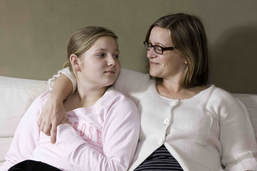 Is your embarrassment getting the better of you? You've gotta just rip that bandaid off and do it! You might feel uncomfortable at first but this feeling will pass, especially when your children just take the information in their stride, as kids generally do. If you have young children then nappy changes or bath time are ideal opportunities to name genitals just as you do other body parts. After you do it a few times your discomfort will subside. Looking through books on the reproductive system with your primary school aged child sends the message that you are the go-to person when they have questions and are curious about something to do with sex. Don't make a big deal about it, answer questions in a casual way, and have books on the reproductive system accessible just like you do with other science books on astronomy and the environment. If you are really struggling, just be honest. Start with "I feel a bit embarrassed talking about this because my parents and I never spoke about these things when I was growing up. But I think it's really important for you to know so I'll give it my best shot." Tell them that "You can always ask me any question you have and I'll do my best to answer it." It's up to us parents to manage the discomfort that we might have around sexuality and the body so we can be the primary source of information for our kids. A child's questions are often simple and not sexual and deserve to be met with positivity, openness, and accuracy. You've got this!
Written by Jessica Cleary, Psychologist The thought of something happening in our home that requires our children to desperately call emergency services is an awful one. We probably don’t want to think about it too much and hope that it never happens. However, most of us also recognise the importance of equipping our children with the knowledge and skills should the unthinkable happen in our homes. How confident are you that your kids would know to a) recognise an emergency, b) know how to call Triple 0, and c) give the necessary information to the operator? Having the ‘know how’ can take the edge off common childhood anxiety and fear about scary things such as burglars, fires or something happening to mummy and daddy. Although we can’t give our children the reassurance that their lives will be all smooth sailing and happy days, we can help them feel confident and capable to act in an emergency if necessary. To help empower our children to know what to do in an emergency, check out The Triple Zero Kids' Challenge app. This engaging, practical app teaches:
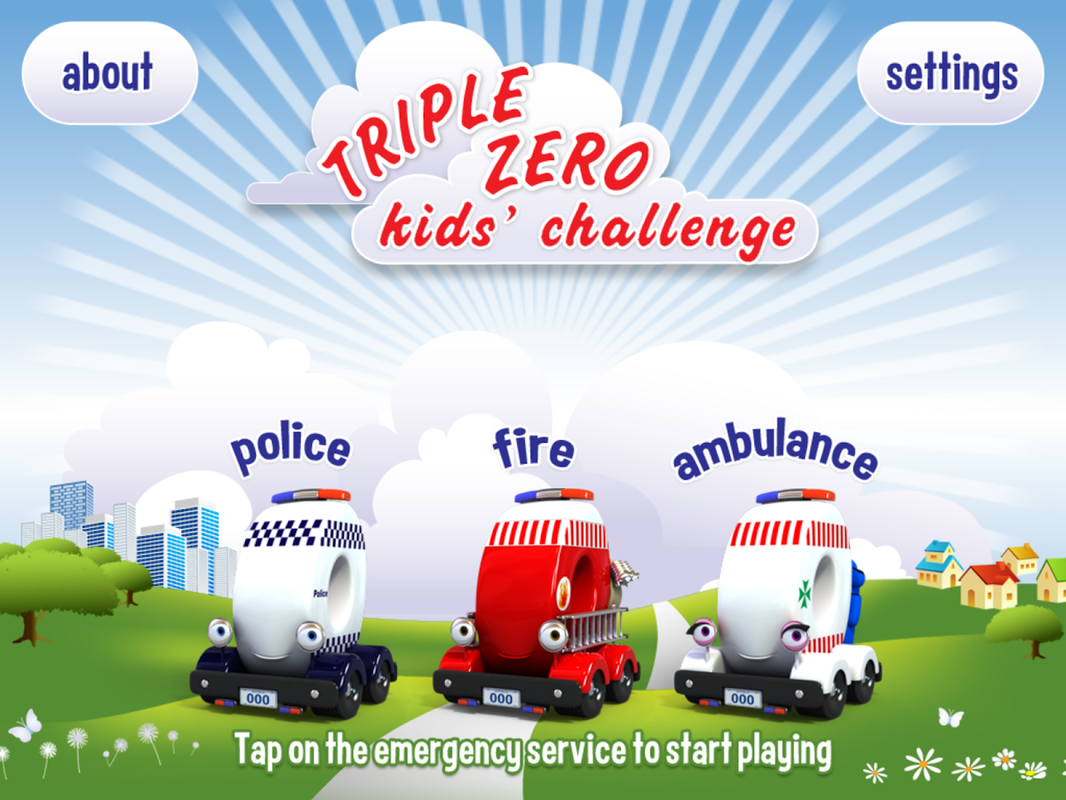 Children get to hear what happens when they call Triple Zero and are taught what to say and do through solving mysteries and playing games. It is suitable for kinder and primary school aged children. The app also includes downloadable resources for teachers and parents. My six-year-old spent close to an hour on at and loved it. We'll definitely revisit it from time to time.
Remember to let your children know that most kids will never have to use Triple Zero, but part of your job as a parent is to make sure that they know what to do just in case. It’s also important to reassure your children that there is an adult close by in nearly all circumstances to help keep them safe. Safer Internet Day is about coming together and promoting the positive effect the internet can have on our lives. There is so much to be learned about our world at the tip of our fingers. While we want our kids to enjoy their time online, we also need them to be safe.
Games are frequently a child’s introduction to technology and often they can’t get enough! As parents we need to keep up-to-date on how to protect our kids and keep them safe while they have fun. Three Steps for Parents:
The UK Safer Internet Centre website, which provided the above tips, is full of e-safety advice and resources to help children and young people stay safe on the internet. Such a great resource for families! For many years parents have warned their children about strangers. Although the “stranger danger” mantra is quite catchy, is this the best way to protect our children from people that may hurt them?
Although parents often fear that strangers will abuse their children, according to the Australian Bureau of Statistics’ (2005) Personal Safety Survey, only 11% of children victimised sexually were victimised by a stranger. More often, children are abused by someone they know such as relatives, neighbours or family friends. Child abusers usually begin with the offender building trust and friendship. They are unlikely to fit the strange, lurking man at the park stereotype. And even if a child has not previously met the person, once the person introduces themselves and strikes up a conversation then guess what? This person is no longer a stranger! So you can see how warning children against strangers may not be the most effective way to teach personal safety. What do we do instead? Pattie Fitzgerald, a child safety expert from Safely Ever After suggests we teach children about Tricky People. Tricky people...
Teach children..
Books to start the conversation about personal safety:
|
Categories
All
|
Hopscotch & HarmonyAt Hopscotch & Harmony Psychology, you can expect compassionate care and evidence-based guidance on your journey to wellness.
With clinics in Werribee and Belmont, as well as providing online counselling to clients who live throughout Australia, our dedicated team of psychologists and dietitians are committed to providing support to children, teenagers and adults. With a focus on understanding your unique needs, we offer tailored solutions to foster growth and resilience. Trust in our experience and dedication as we work together towards your well-being. Welcome to a place where healing begins and possibilities abound. |
Our services |
Contact usHopscotch & Harmony
Child, Teen and Adult Psychology Our Locations:
WERRIBEE: 1/167-179 Shaws Rd
BELMONT: 92 Roslyn Rd AUSTRALIA-WIDE: Online counselling |
Hopscotch and Harmony respectfully recognise the Aboriginal and Torres Strait Islander people as the first Peoples of the continent now called Australia.
We acknowledge the Bunurong and Wadawurrung people of the Kulin Nation, the traditional owners of the land on which we work, and pay our respects to their Elders, past, present and emerging.
© 2024 Hopscotch and Harmony Pty Ltd


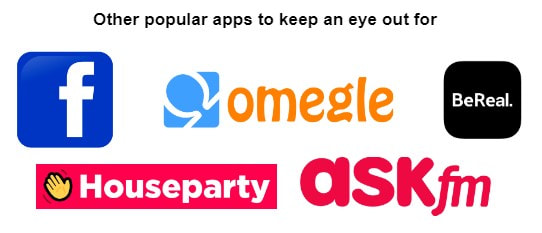


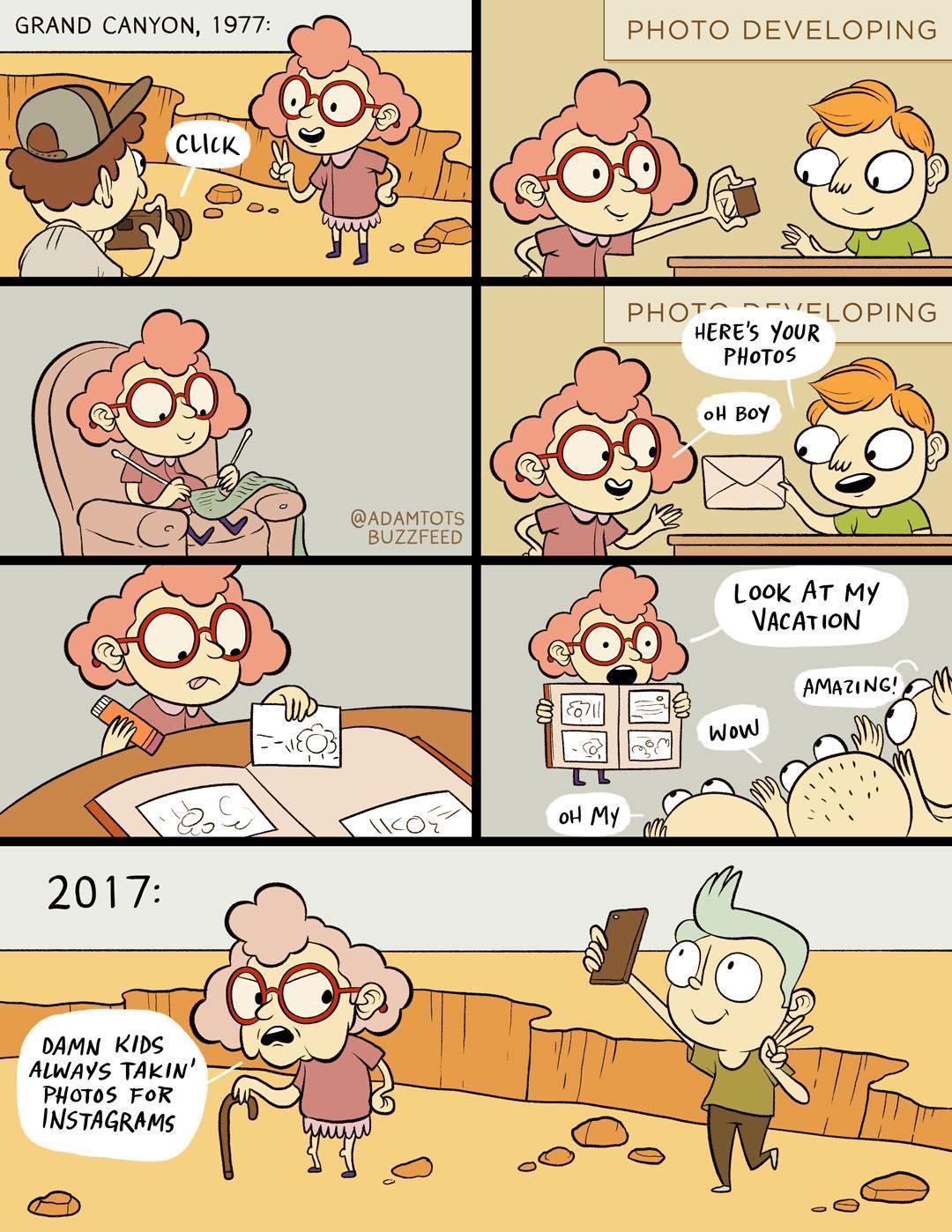
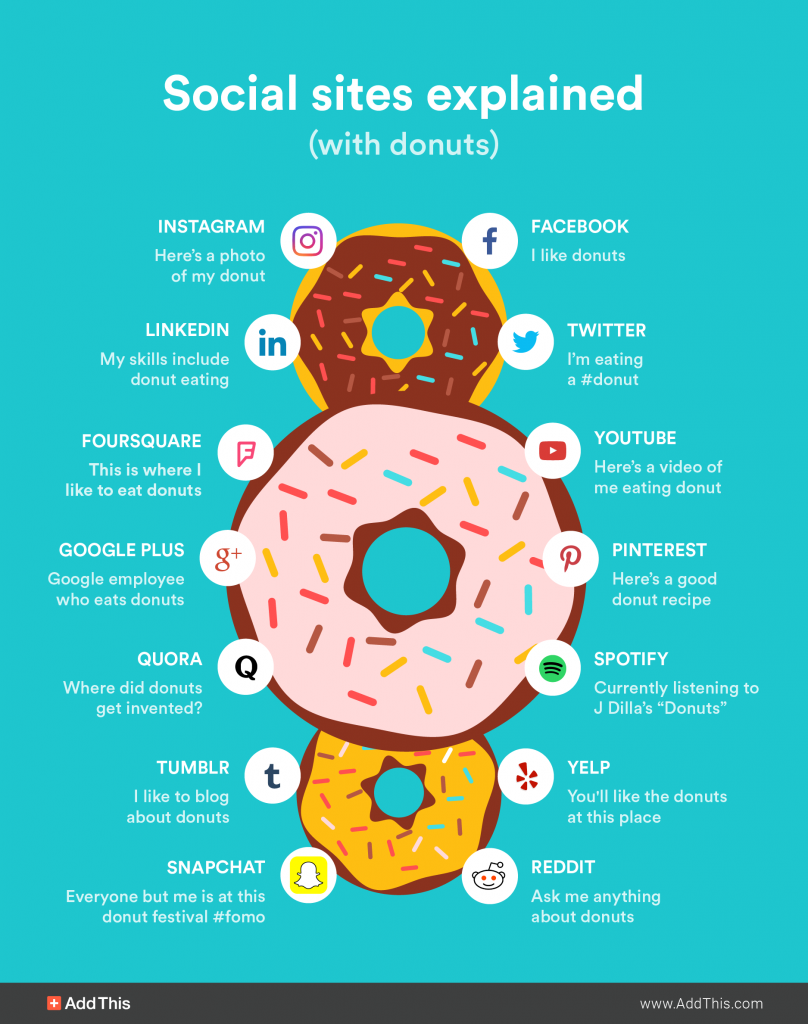
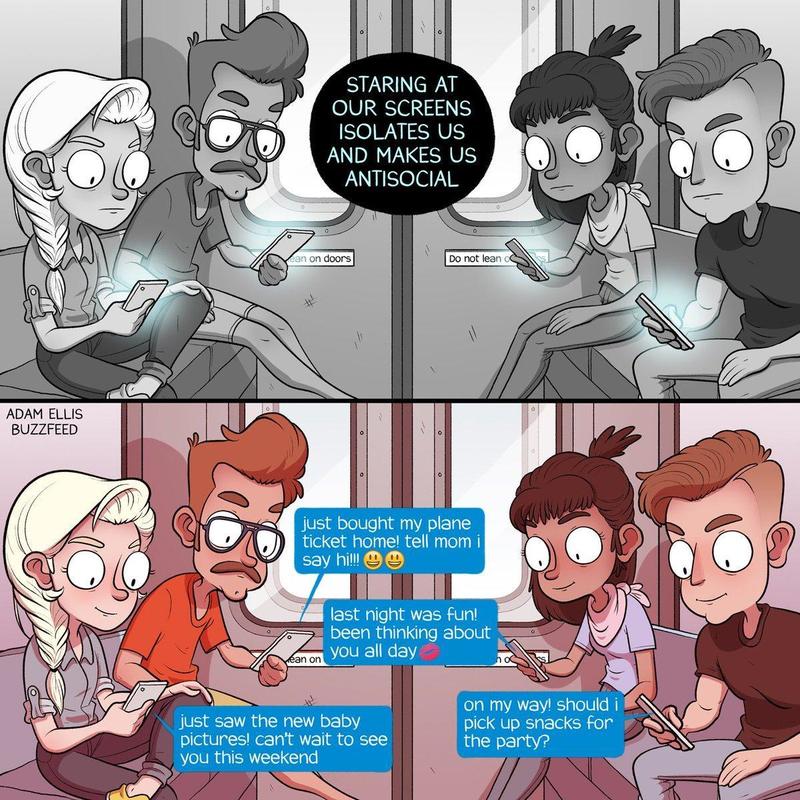

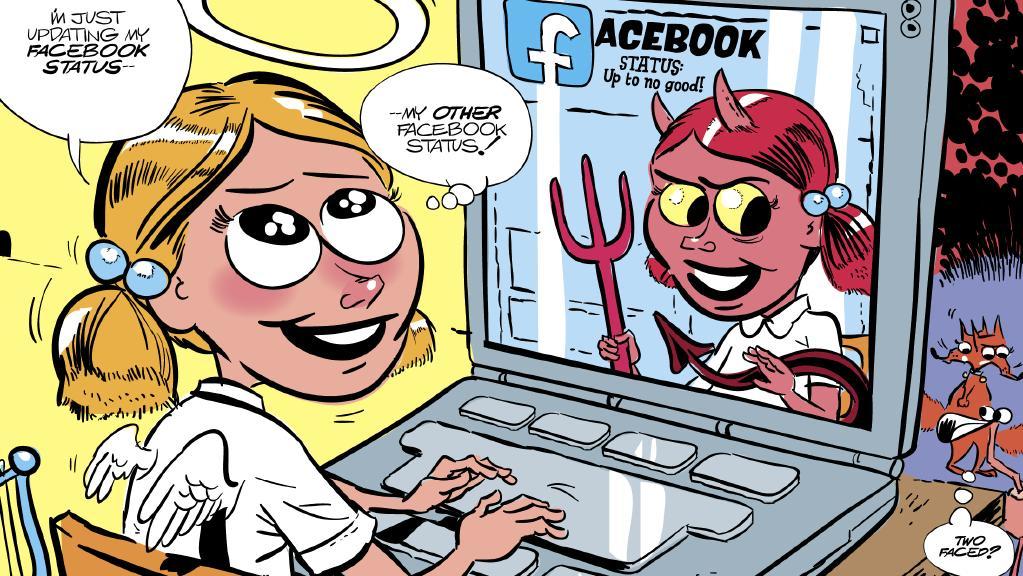

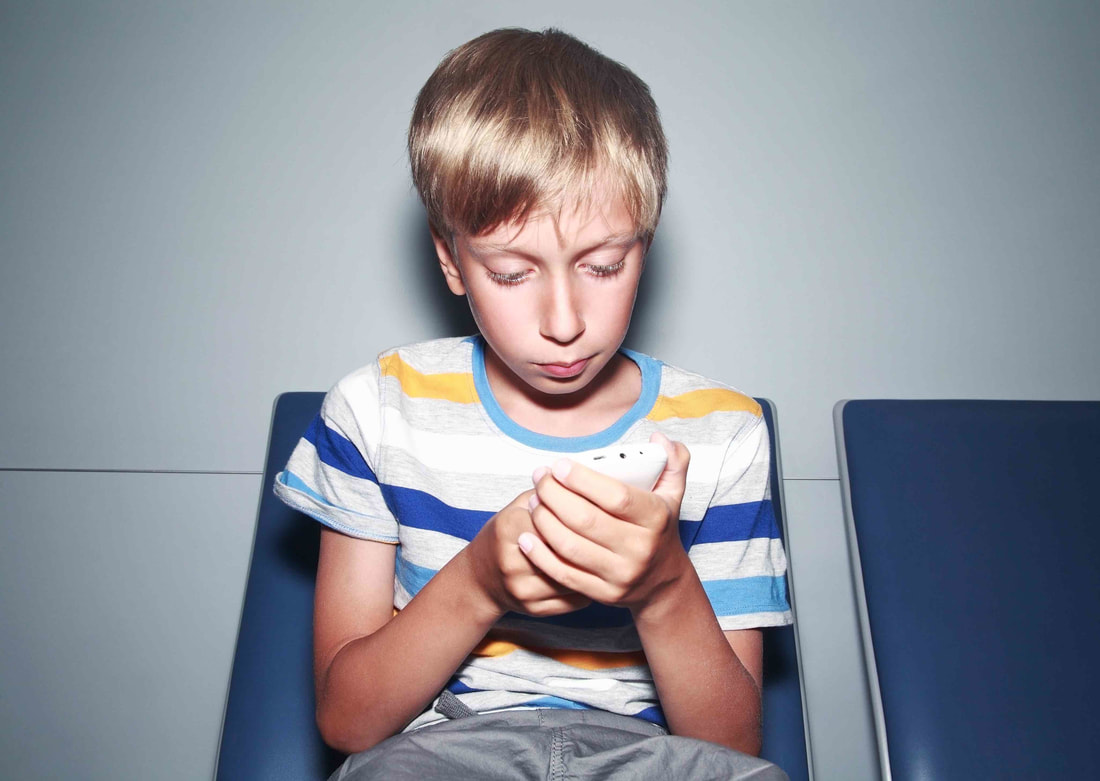

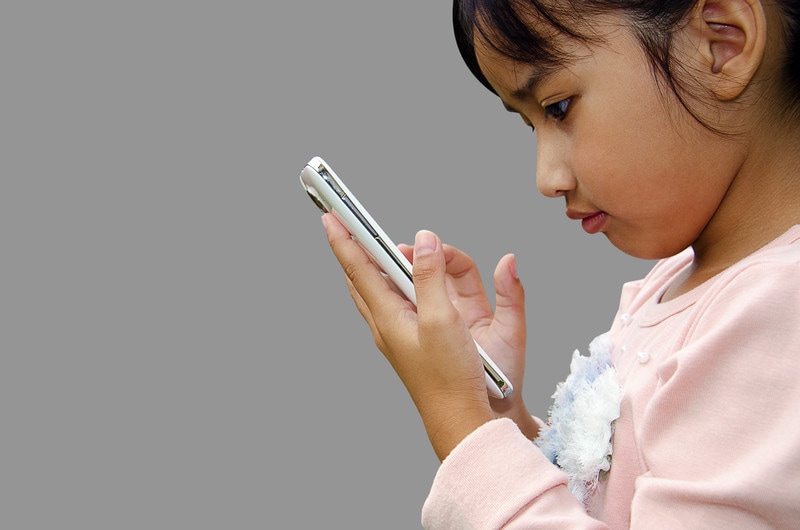

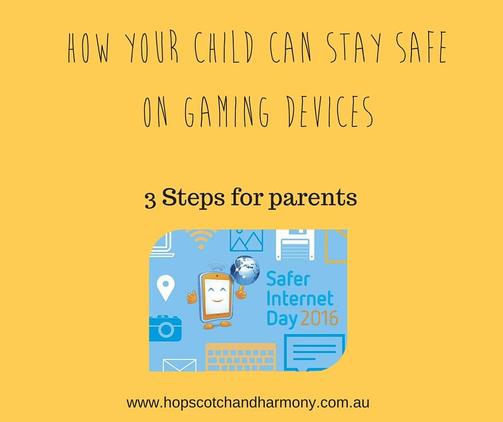

 RSS Feed
RSS Feed
